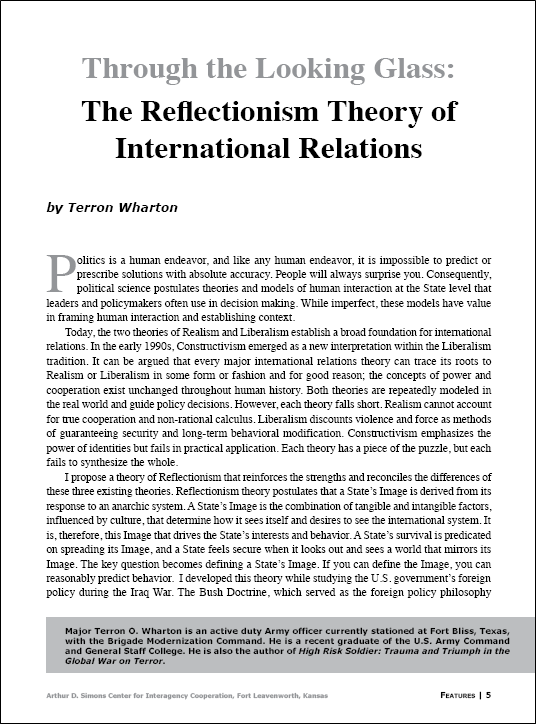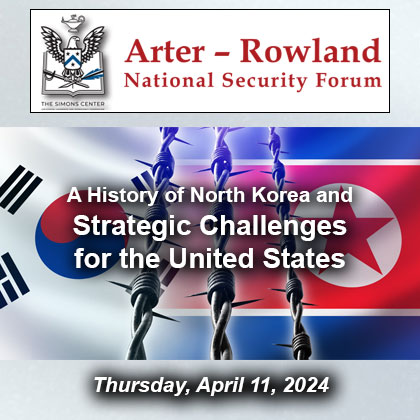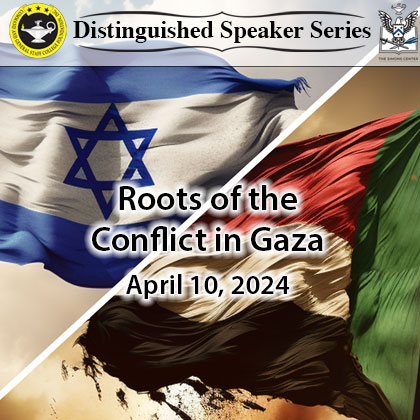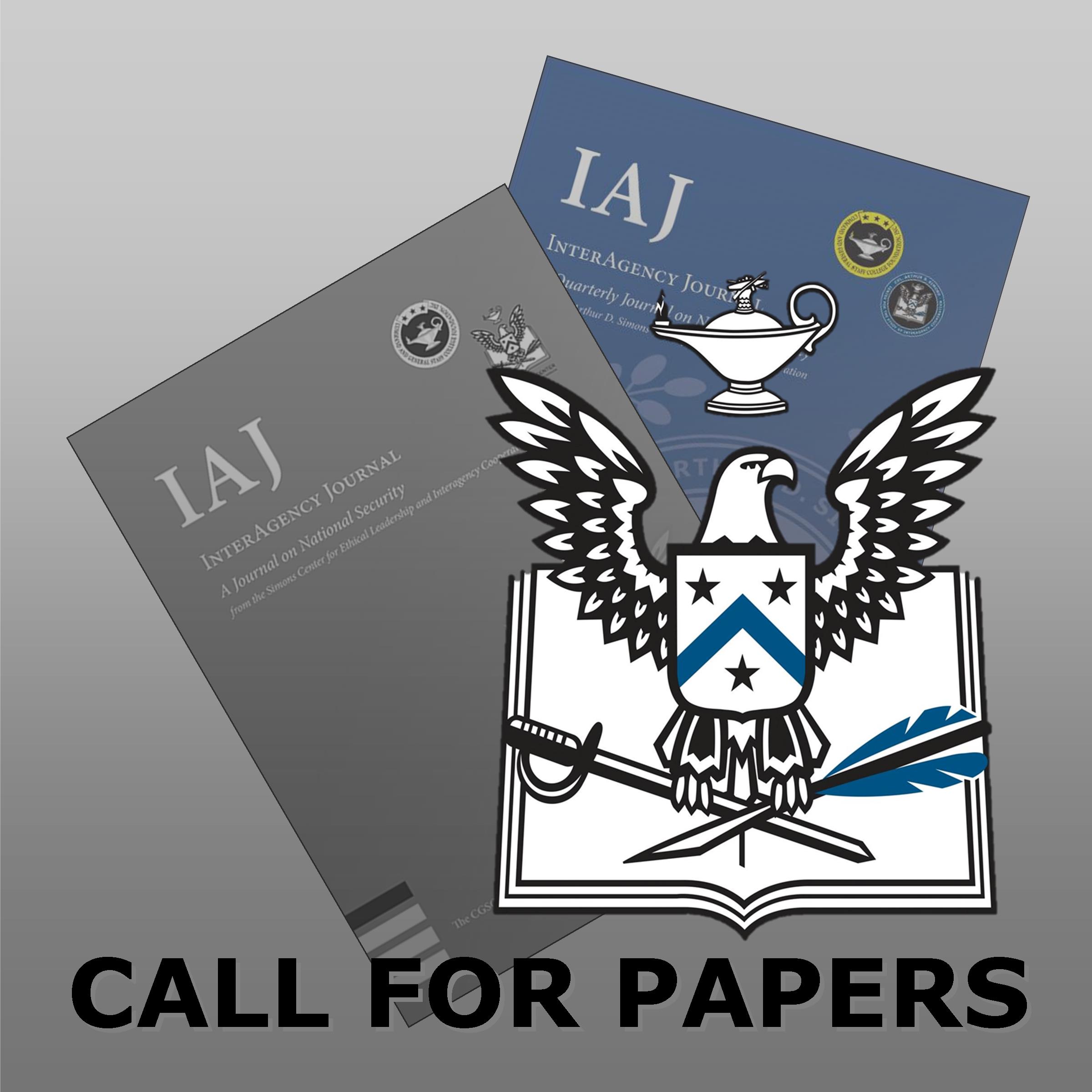Featured Article: Through the Looking Glass…
Featured article:
Through the Looking Glass: The Reflectionism Theory of International Relations
by Terron Wharton
Politics is a human endeavor, and like any human endeavor, it is impossible to predict or prescribe solutions with absolute accuracy. People will always surprise you. Consequently, political science postulates theories and models of human interaction at the State level that leaders and policymakers often use in decision making. While imperfect, these models have value in framing human interaction and establishing context.
Today, the two theories of Realism and Liberalism establish a broad foundation for international relations. In the early 1990s, Constructivism emerged as a new interpretation within the Liberalism tradition. It can be argued that every major international relations theory can trace its roots to Realism or Liberalism in some form or fashion and for good reason; the concepts of power and cooperation exist unchanged throughout human history. Both theories are repeatedly modeled in the real world and guide policy decisions. However, each theory falls short. Realism cannot account for true cooperation and non-rational calculus. Liberalism discounts violence and force as methods of guaranteeing security and long-term behavioral modification. Constructivism emphasizes the power of identities but fails in practical application. Each theory has a piece of the puzzle, but each fails to synthesize the whole.
I propose a theory of Reflectionism that reinforces the strengths and reconciles the differences of these three existing theories. Reflectionism theory postulates that a State’s Image is derived from its response to an anarchic system. A State’s Image is the combination of tangible and intangible factors, influenced by culture, that determine how it sees itself and desires to see the international system. It is, therefore, this Image that drives the State’s interests and behavior. A State’s survival is predicated on spreading its Image, and a State feels secure when it looks out and sees a world that mirrors its Image. The key question becomes defining a State’s Image. If you can define the Image, you can reasonably predict behavior…
Read the full article
Through the Looking Glass: The Reflectionism Theory of International Relations PDF
Download the complete edition
IAJ 7-2 (Summer 2016) PDF
IAJ 7-2 (Summer 2016) ePub
Major Terron O. Wharton is an active duty Army officer currently stationed at Fort Bliss, Texas, with the Brigade Modernization Command. He is a recent graduate of the U.S. Army Command and General Staff College. He is also the author of High Risk Soldier: Trauma and Triumph in the Global War on Terror.

Posted: August 30, 2016 by Simons Center
READ THE LATEST UPDATES FROM THE SIMONS CENTER
"*" indicates required fields


